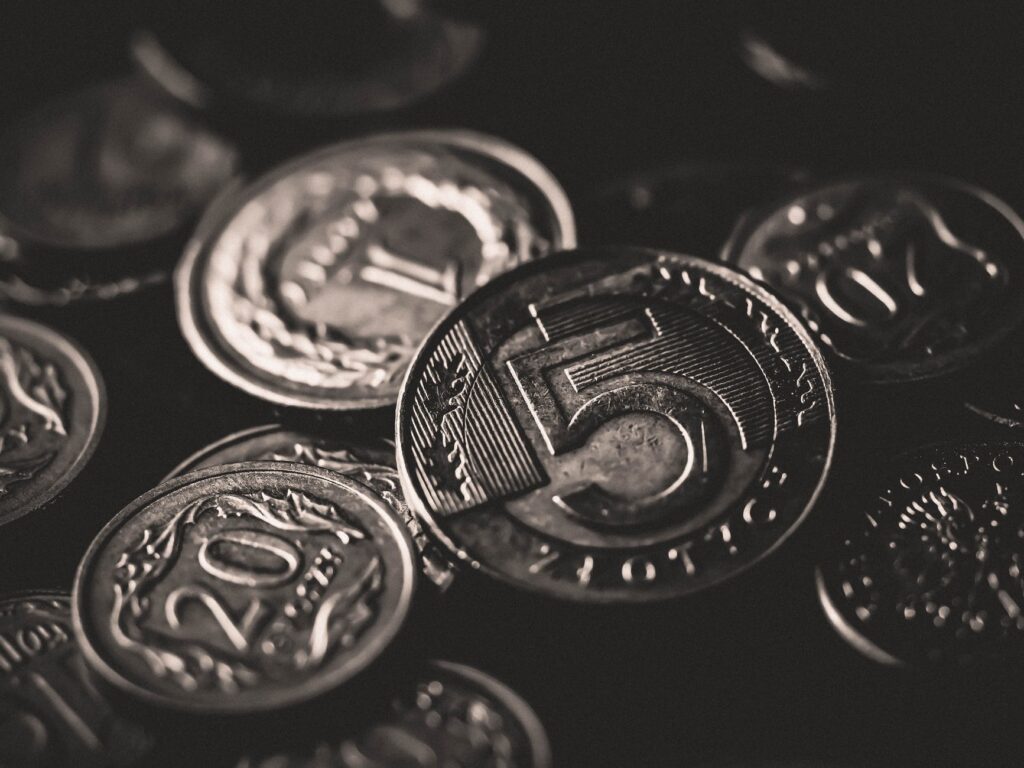
By Ben Aris, Intellinews, 1/14/24
Russia is preparing for a potential massive legal battle with the West to thwart any attempt by the US or Europe to seize the Central Bank of Russia’s (CBR) frozen $300bn of frozen assets and give them to Ukraine, Bloomberg reported on January 12.
Officials in Moscow have been analysing the prospects of asset seizures, after the White House started pressuring its European partners in December to start the process of seizing the assets as a way of continuing to fund Ukraine’s fight against Russia.
Western financial and military aid has become snarled in internal wrangling and some $110bn of funding for Ukraine has been tied up as a result at a time when Ukraine is running out of money and ammunition.
On January 11, the US said it had sent its last military aid package and its funds for Ukraine are now exhausted. At the same time, several bills have been presented to give the US government the legal authority to seize the CBR’s money. However, the US only has some $5bn in frozen Russian assets whereas the bulk, some $210bn, is in Europe.
Western governments have the ability to freeze the money, but thanks to Western property rights technically the money remains the property of the Russian government. The only way Western can seize the money under current rules is if the West declares war on Russia.
The Bank of Russia is preparing to take the West to court should any of its assets be seized. The CBR is on the verge of finalising agreements with international law firms to safeguard the country’s interests in the event of a court confrontation, Bloomberg reported.
The Russian authorities have sought expert opinions on relevant foreign legislation and examined precedents in other countries like Iran and North Korea to bolster their position. Central Bank reserves have never been seized before and are generally regarded as sacrosanct; however, the international agreements governing their status are vague and incomplete.
The White House seems increasingly keen on seizing the assets as it has to contend with a mushrooming number of military clashes. It has been trying to coordinate this move with its G7 allies, but Europe remains reluctant, afraid of the damage it could do to Europe’s financial system and the euro.
When questioned about potential Western actions, Kremlin spokesman Dmitry Peskov emphasised that Russia would challenge such measures in court and warned of possible retaliation. Peskov said: “This will entail very serious judicial and legal costs for those who make such decisions,” highlighting the Kremlin’s readiness to contest any seizure in a court case that could go on for decades.
The legal route has long been considered by top Russian officials, with central bank Governor Elvira Nabiullina expressing preparedness to challenge the freeze in July. In a December interview, she criticised it as a violation of basic reserve security principles.
Officials engaged in discussions believe that pursuing the case in courts would thwart any transfer of funds to Ukraine, even if Russia doesn’t regain control of the money. They argue that the West faces slim chances in court and lacks legitimate grounds for seizure based on post-freeze legislation.
Russia’s state-backed Roscongress Foundation recently released a report on the prospects of taking up the case in court, which suggested that the “real risks” of seizing Russian central bank reserves remain low. It found that attempts to seize the assets would rely on the domestic laws of states imposing sanctions on Russia, providing grounds for legal challenges that could go on for decades.
One question that would need to be resolved is which court could hear such a case, as there is no pre-eminent global court of appeal in a case like this. And if fought at sovereign level, the existence of mutual investment guarantee treaties will also play a crucial role.
Russia’s potential legal avenues include appealing to the International Court of Justice in The Hague, the US District Court for the Southern District of New York and the EU’s Court of Justice in Luxembourg, according to Sergey Glandin, a Moscow-based partner specialising in compliance and sanctions law, Bloomberg reports.
‘ensnarled’
I can just imagine what would happen, if it was the other way around. The USA is over its ears in debt, and its growing. Total fiscal mismanagment and so what do they do. Same as always, steal someone elses assets.